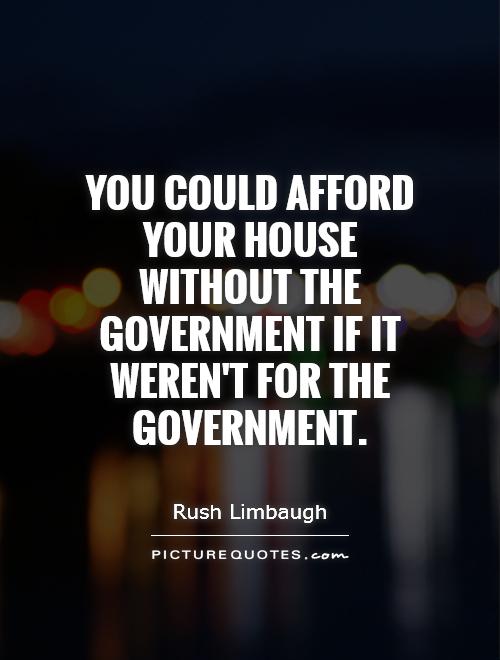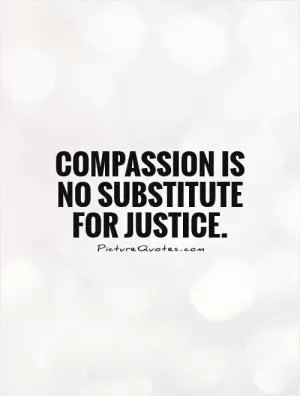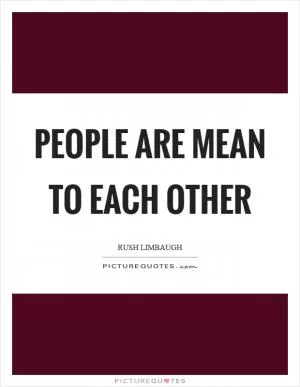You could afford your house without the government if it weren't for the government

You could afford your house without the government if it weren't for the government
Rush Limbaugh, a conservative radio host known for his controversial and often polarizing views, has long been a vocal critic of government intervention in various aspects of society. One of his recurring arguments is that individuals would be better off without government interference, particularly when it comes to issues like housing affordability.Limbaugh has often argued that government regulations and policies have artificially inflated the cost of housing, making it more difficult for individuals to afford their own homes. He believes that without government intervention, the housing market would be more competitive and prices would be lower, allowing more people to achieve the American dream of homeownership.
In one of his famous rants, Limbaugh once declared, "You could afford your house without the government if it weren't for the government." He pointed to various government programs and regulations that he believes have contributed to the rising cost of housing, such as zoning laws, building codes, and subsidies for affordable housing.
Limbaugh's argument is rooted in the belief that government intervention distorts the free market and prevents individuals from making their own choices about where and how to live. He often cites examples of government-subsidized housing projects that have failed to provide affordable housing for low-income individuals, arguing that the private sector would be more efficient and effective in meeting the housing needs of the population.
While Limbaugh's views on government intervention in the housing market may be controversial, they have resonated with many of his listeners who share his skepticism of government involvement in the economy. However, critics of Limbaugh argue that his simplistic view of the housing market overlooks the complex factors that contribute to housing affordability, such as income inequality, urbanization, and the availability of affordable housing options.












 Friendship Quotes
Friendship Quotes Love Quotes
Love Quotes Life Quotes
Life Quotes Funny Quotes
Funny Quotes Motivational Quotes
Motivational Quotes Inspirational Quotes
Inspirational Quotes